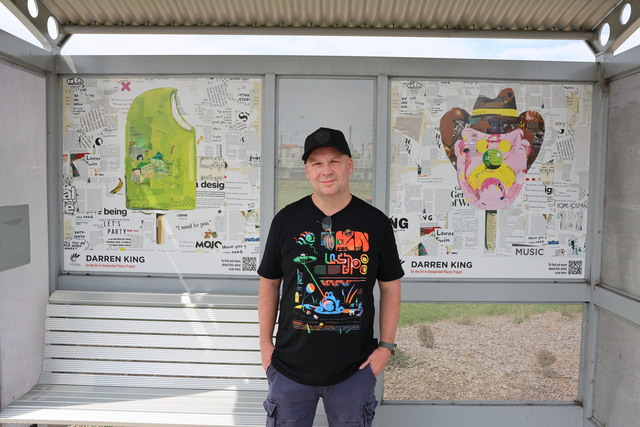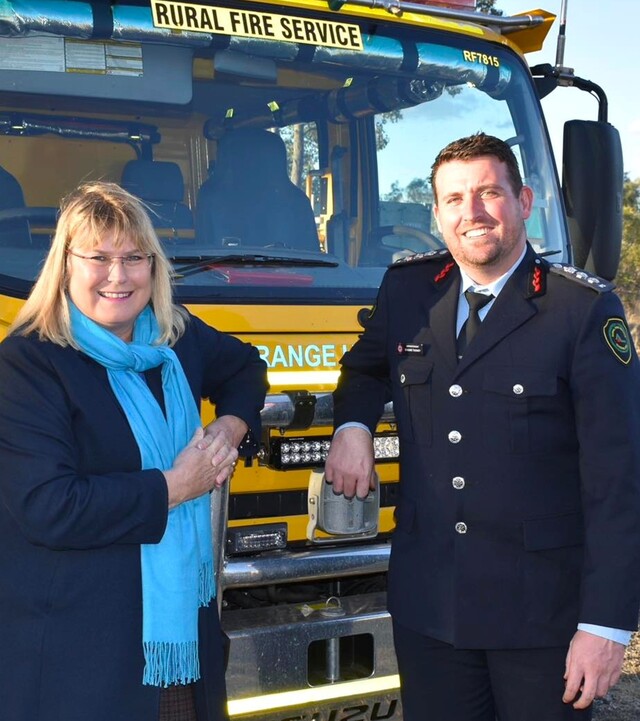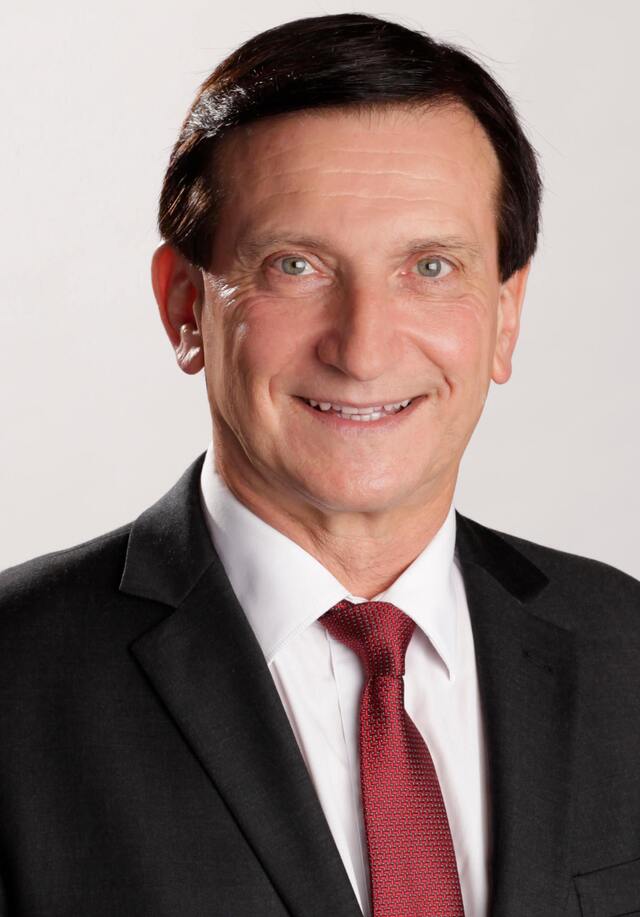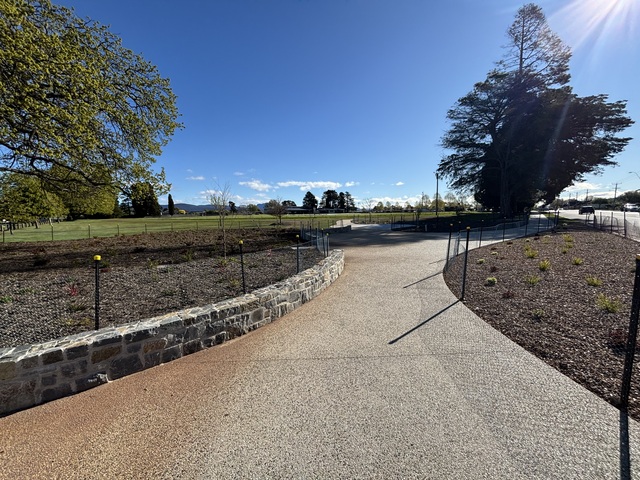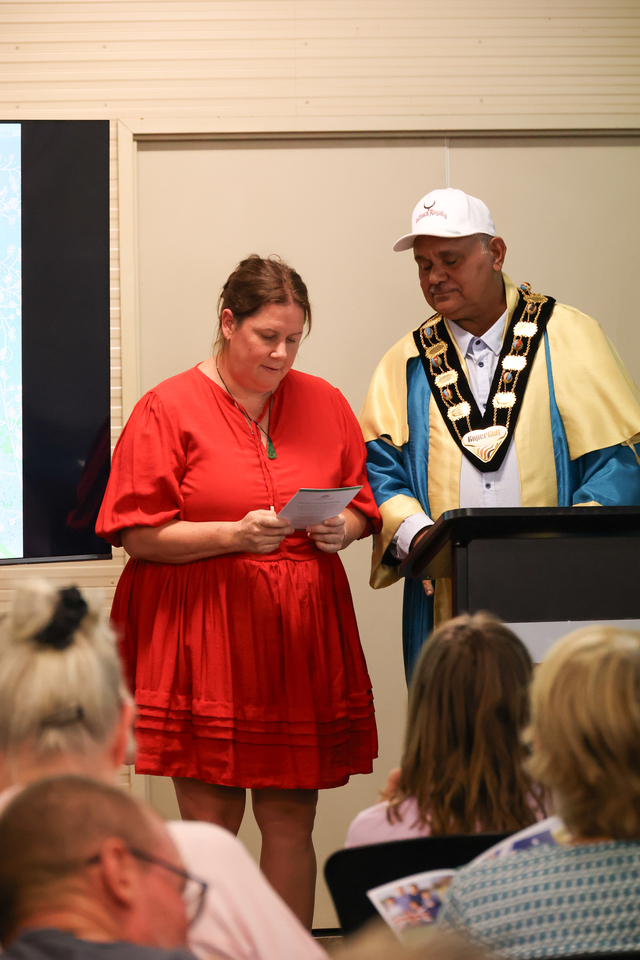Using the very appropriate theme, ‘Working Together’, the first joint annual Conference of the Tasmanian Divisions of the Institute of Municipal Management, Institute of Municipal Engineering Australia and Local Government Community Development Officers Association was staged in May.
The three organisations recently formed a Steering Committee to develop a model for the establishment of one Local Government Professional & Technical Association in Tasmania. Members have been consulted, resulting in wide support for this proposal based on the advantages such a merger could deliver.
Speaking at the Conference, Bev Jennings President LGCDA said that these advantages included economies of scale via the one secretariat, a united voice for Local Government professionals and improved professional development opportunities.
“Local government reform is not just affecting one area,” added Gerald Monson, President IMM. “In responding to the issues before us, we must work together. Decision making by the sum of the whole is far better than through the individual parts.”
IMEA President, Bevin Eberhardt, said that the three organisations will maintain individual affiliation with their respective Federal bodies. He added that the new Association in Tasmania will be led by all professional officers and not dominated by one group.
The Steering Committee is also holding discussions with other Local Government bodies, such as Municipal Supervisors and Environmental Health, to look at extending membership further.
In her address to the Conference, Denise Swan, Tasmanian Minister for Local Government, congratulated the Associations on their first combined Conference. She said that the need to work together and support each other had been very tragically brought home with the recent Port Arthur massacre.
“For Tasman Council and its small community, their world has been forever changed by events far beyond their control,” she said. “Offers of help and support being given by others in Local Government is vital for this community to pick up the pieces and go on.”
Turning to what is described as an era of economic rationalism, the Minister said there must always be elements not pertaining to the bottomline. Local Government has obligations to serve its community and maintain the level of service people require.
“The world of the economic rationalists has met its match in Tasman,” she stated. “At the end of the day, if we refuse to accept, at the heart of every system, there are people with needs and hopes that enable their community to flourish, then all we will be left with is an economically sound wasteland!”
Stuart Wardlaw, Executive Director of the Local Government Association of Tasmania, told delegates that LGAT fully supports the rationalising of professional bodies. “With a small number of member Councils, we also face limited resources and must be always looking at inputs and what we get out of them,” he said.
He said that the ‘sleeping giant’ in the reform debate for Tasmanian Local Government is regionalisation with a further likelihood of amalgamations associated with this need for stronger regions.
“All players must sit down and look at this so that we can move forward,” he warned. “We must get in first and determine our agenda. If we are reactive we face grave dangers for the future.”


